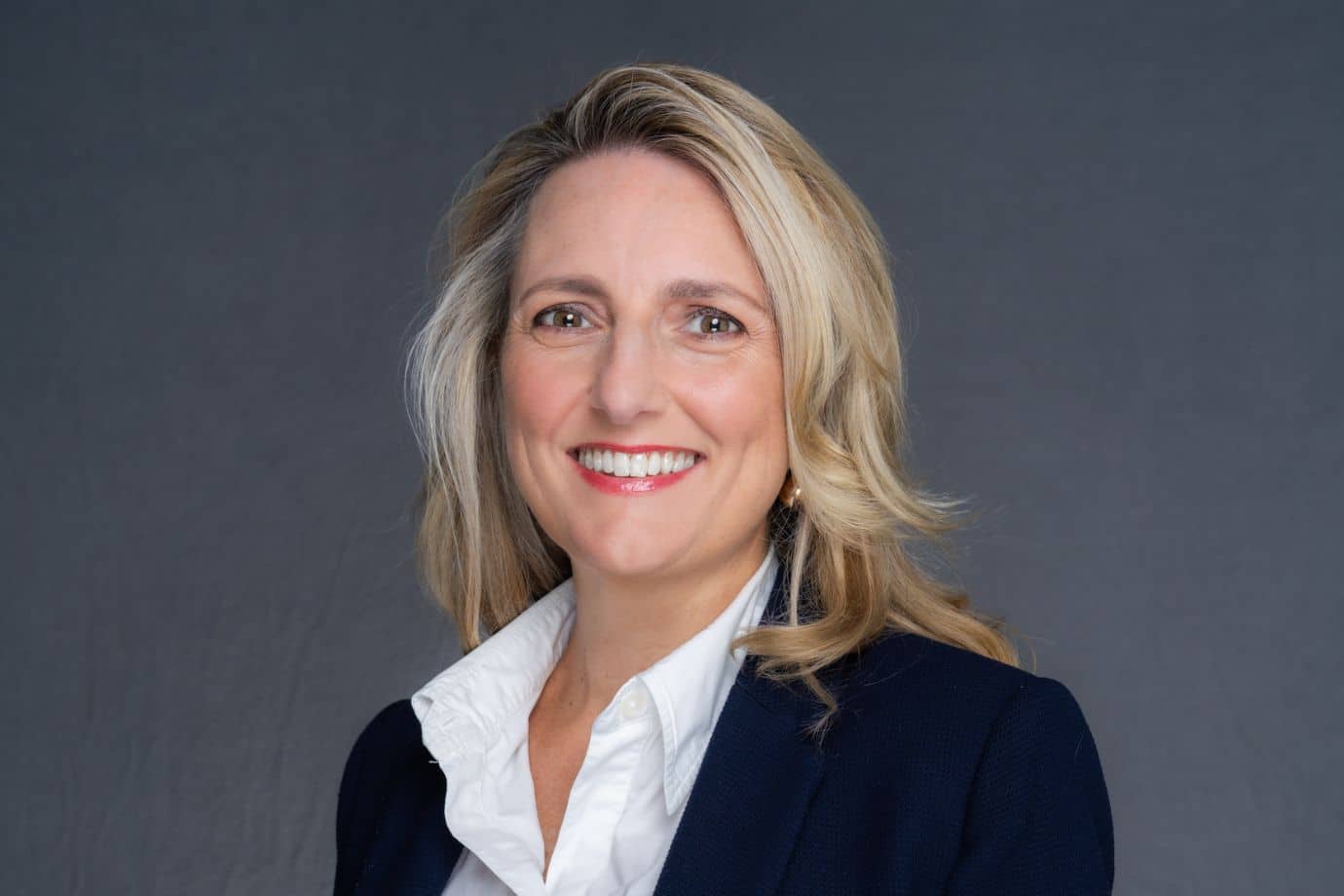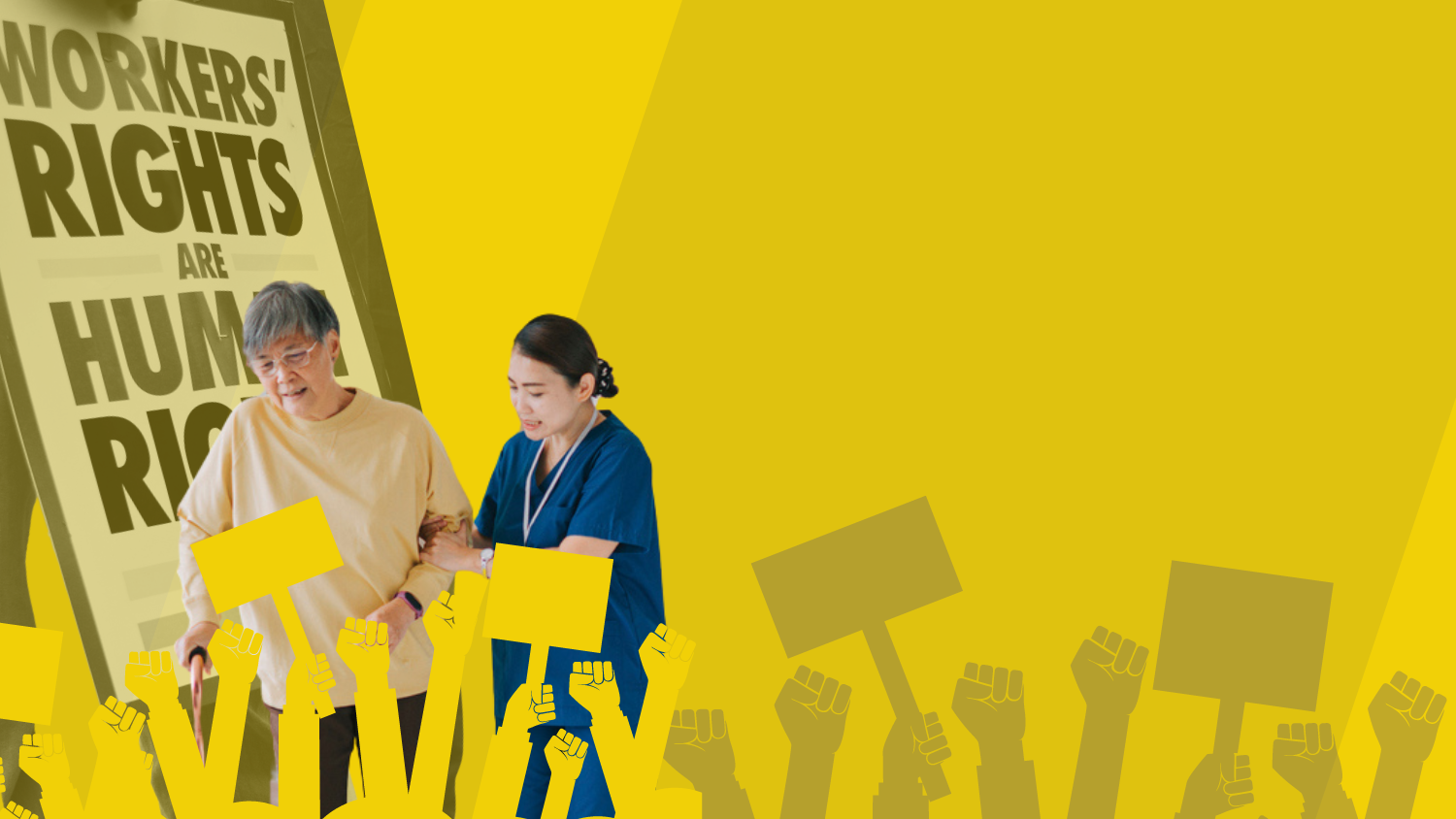Balancing work and family commitments has become more stressful for parents and carers in recent years, with the stress being felt more by women, new research has found.
The 2024 National Working Families survey, commissioned by Parents at Work and UNICEF Australia, found in the last five years there has been a serious increase in stress for parents and carers in balancing their career and their caring responsibilities outside of work.
This increase is largely felt by women, who make up over 70 per cent of carers in Australia, according to the Workplace Gender Equality Agency (WGEA).
The latest research surveyed more than 6,200 Australian working parents and carers and found that almost three quarters (74 per cent) of women carers and mothers felt stressed balancing work and family commitments. This is compared to 57 per cent of fathers and men with caring responsibilities.
These figures have notably increased since 2019, where just over half (51 per cent) of women and just over a third (34 per cent) of men with caring responsibilities struggled finding a work-life balance.
Much of the stress experienced by parents and carers comes from caring responsibilities outside of work: 65 per cent of women and 55 per cent of men said caring responsibilities contribute to their stress.
CEO of Parents at Work Emma Walsh said the stress that workers experience is “not being noticed enough by workplaces”.
“The findings reveal there is still a significant skew towards women bearing the majority of the caring load and household duties, nearly double that of men, despite working similar hours to them,” Walsh said.
“Women are still seen as the traditional caregiver over men, evident in the unequal parental leave policies for men and women.”
Nearly half (48 per cent) of men took less than one month of parental leave for the last child they had, the survey found. Comparatively, 91 per cent of women took longer than four months’ parental leave.
Over half (51 per cent) of men who took less than one month of parental leave said it was because their employer’s policy did not allow them to take any more than that. This workplace culture exacerbates gendered stereotypes when it comes to caring responsibilities, Walsh said, and is extremely problematic.
“The results suggest workplace cultures are geared towards supporting men as the primary income earner and women as the primary caregiver to the disadvantage of both men and women,” Walsh said.

“All of these factors are having a detrimental impact on working families, particularly women. It’s having a significant impact on their physical and mental health, cited as the top difficulty for parents and carers outside of the workplace. In the face of such stark evidence, the time is now for Australian workplaces, policy makers and other stakeholders to pull in the same direction to turn these alarming trends around.”
What’s the solution?
Parents at Work offers certification for employers to become Family Friendly Workplaces (FFW), meaning the employer has adequate workplace policies to champion inclusion for all employees. These policies include reproductive healthcare leave, flexible working arrangements and paid parental leave.
The National Working Families Survey found 65 per cent of respondents were more satisfied with their work-life balance because they worked in a certified FFW workplace.
But there is a cultural problem that prohibits many employees from accessing these workplace benefits that could ultimately reduce their work-life balance stress – especially for male carers.
Half of the respondents in the National Working Families Survey (50 per cent) said an employee’s commitment to their job is questioned if they utilise family-friendly workplace policies.
These negative attitudes are especially felt by men: 56 per cent of respondents agreed it is more acceptable for women to use family-friendly options than men.
Whilst this is a decrease since 2019 (64 per cent), it’s contributing to most of the caring responsibilities falling on women, therefore contributing to an increase in stress felt by women.
Chief Advocate for Children at UNICEF Australia Nicole Breeze said family-friendly workplace policies must be normalised to combat the uptick in work-life balance stress.
“Life as a parent is really hard when you’re worried that your job commitment is being questioned, or too drained to contribute to your family when you get home from work,” Breeze said.
“We know that family friendly policies such as flexible work and parental leave are valuable for the wellbeing of working parents and their children, but we must make these more accepted and the norm in workplaces, for men and women.
“It is good for gender equality, and by supporting the wellbeing of parents and carers we can safeguard the wellbeing of the children or loved ones in their care – to be happy, healthy and safe.”
CEO of The Parenthood Georgie Dent said workplace policies “must catch up to the realities faced by working parents” in order to address these gendered disparities.
“For parents, carers, and our children to truly thrive, we need one year of paid parental leave to be shared between parents at full pay, including super, and universal access to affordable early childhood education and care, delivered by a well-supported and properly paid workforce,” Dent said.





